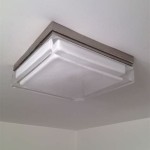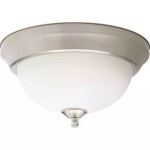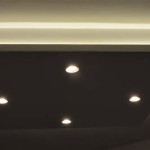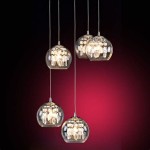Victorian Ceiling Lamp Shades: A Timeless Elegance
Victorian ceiling lamp shades exude an unmatched charm and elegance that has captivated generations. These intricate and ornate fixtures are not only functional but also works of art that can elevate any room's ambiance. Whether you are restoring a historic home or seeking to add a touch of Victorian flair to your modern decor, understanding the essential aspects of these lamp shades is crucial.
History and Design
Victorian lamp shades emerged during the Victorian era (1837-1901) and quickly became synonymous with opulent and elaborate design. They were typically manufactured using brass, copper, or tin, and adorned with intricate engravings, embossings, and decorative motifs inspired by nature, Gothic architecture, and the Middle East.
Materials and Finishes
Victorian lamp shades were often crafted from a variety of materials, including:
- Brass: A durable and long-lasting metal, brass is known for its golden hue and ability to be highly polished or antiqued.
- Copper: A warm and reddish-brown metal, copper develops a unique patina over time that adds character to the lamp shade.
- Tin: A lightweight and malleable metal, tin was commonly used for shades with intricate designs and a silvery-white finish.
- Polished: A smooth and reflective finish that highlighted the intricate details of the lamp shade.
- Antiqued: A process that artificially aged the metal to create an aged and weathered look.
- Painted: Shades were sometimes painted in vibrant colors to match the decor of the room.
Shapes and Styles
Victorian ceiling lamp shades came in a plethora of shapes and styles to suit diverse architectural styles. Common shapes included:
- Dome: A classic and versatile shape that provides ample downward illumination.
- Cone: A tapered shape that focuses light in a specific direction, ideal for accent lighting.
- Peg: A shade with a series of small holes punched along the perimeter to create a decorative and diffused light effect.
- Empire: A shade with a wider bottom and narrower top, inspired by classical architecture.
Choosing the Right Lamp Shade
When selecting a Victorian ceiling lamp shade, consider the following factors:
- Architectural style: Choose a shade that complements the style of your home, whether it be Victorian, Gothic, or another period.
- Room size and ceiling height: A larger shade will be more suitable for a larger room or higher ceiling.
- Lighting needs: Determine the amount of light output desired and select a shade with a corresponding design, such as a dome for general illumination or a cone for accent lighting.
- Personal preference: Choose a shade that reflects your taste and complements the overall decor of your room.
Conclusion
Victorian ceiling lamp shades are an enduring testament to the beauty and craftsmanship of the Victorian era. By understanding their history, design, and various aspects, you can make informed choices to incorporate these timeless fixtures into your home, creating a space that is both elegant and inviting.

Burgundy Red Lamp Shades Ceiling Light Standard Lampshades Floor Lampshade Table Pendant Lights Bedside Lamps Chandeliers Singapore

Circus Sideshow Ceiling Pendant Lamp Shade Lampshade Antique Victorian Decor Devil Carnival Hanging Bohemian Lighting Singapore

Victorian Lamp Shade Waverly Black Gold Silk Fabric
Victorian Lampshades Vintage Custom Lamp Shades

Victorian Lighting Elegant And Timeless Lamps Chandeliers

Downton Abbey Lamp Shades Ceiling Lights Table Lampshades Standard Floor Pendants Nightlights Chandeliers Singapore

Victorian Period Ceiling Light In Aged Brass With Shades

Victorian Lamp Shade Ivory Brocade Damask Silk Fabric Beading Fringe Tassels

Aged Brass Victorian Ceiling Pendant Light With 3 White Glass Shades

Exotic Victorian Style Pink Velvet Floor Or Ceiling Lampshade With Bea Lobster Tea Party








